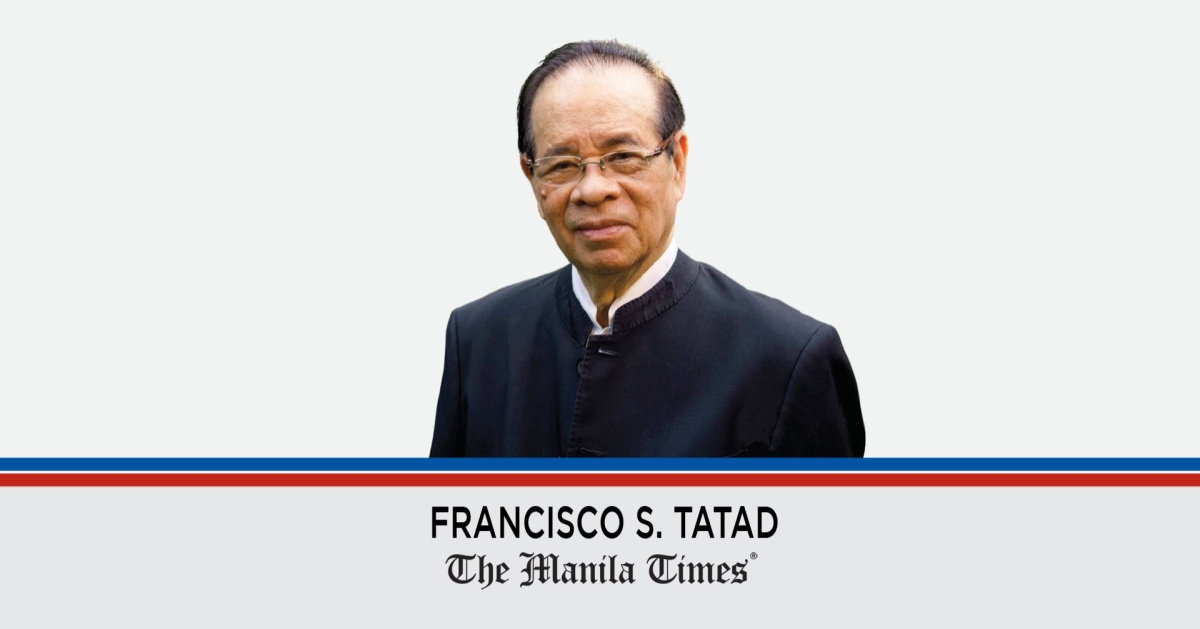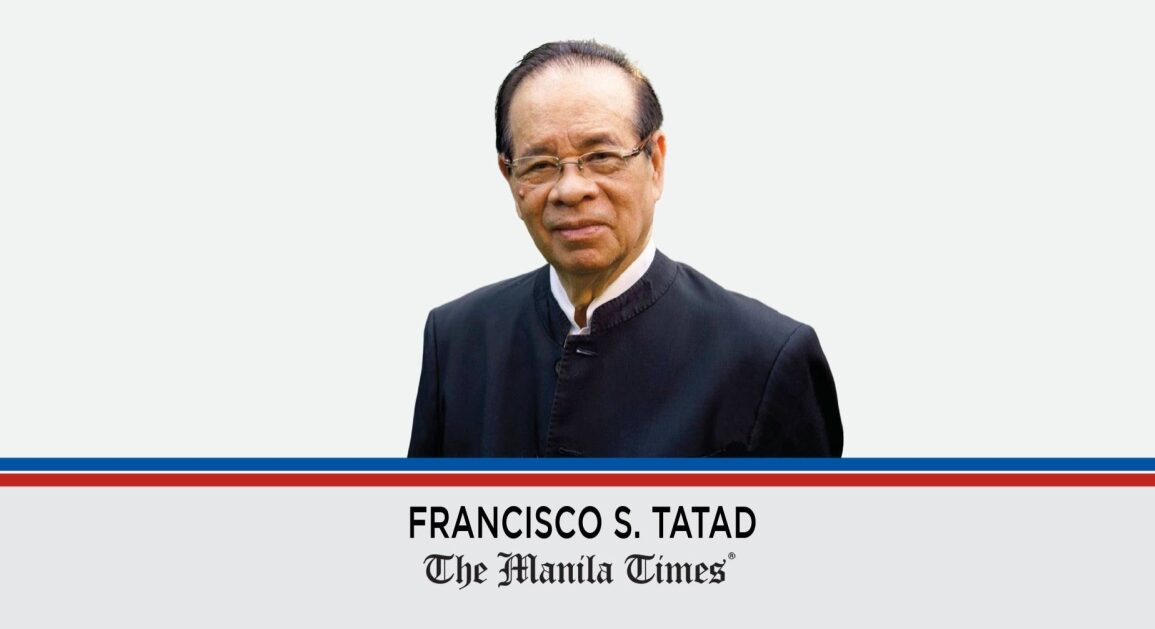
A HOUSE resolution urging the Marcos government to work with the International Criminal Court (ICC) at The Hague in investigating alleged crimes against humanity during former president Rodrigo Duterte’s term as president and as mayor of Davao City has stirred a hornet’s nest. It has provoked extreme reactions from the Duterte camp mainly against House Speaker Ferdinand Martin Romualdez, whom the Dutertes suspect of being behind the move.
Authored by Rep. Bienvenido Abante Jr., chairman of the House human rights panel, and Rep. Ramon Rodriguez Gutierrez of the 1-Rider party-list, House Resolution 1477 not only seeks to appeal President Ferdinand Marcos Jr.’s decision against allowing the ICC to investigate Duterte for any of the alleged drug killings but also would like the government to actively participate in the investigation.
Although the resolution is nonbinding, if passed, it could apply undue pressure on Marcos to reexamine his decision not to allow the ICC to have access to former president Duterte and his daughter Vice President Sara Duterte, whom the ICC also wants investigated for the alleged drug killings when she was briefly mayor of Davao City. It could ultimately affect Sara’s presumed presidential bid in 2028, which Romualdez is seen by many to be seriously preparing to contest.
The proposed ICC action has apparently replaced earlier rumors of a plan to impeach Sara Duterte on vague and wishful political grounds. A casual rethinking of the impeachment project has evidently revealed its constitutional defects: the vice president has committed no impeachable crime in accepting P625 million in intelligence and confidential funds from Congress and the Office of the President — funds which she has now renounced; so an investigation and possible trial by the ICC for crimes against humanity appeared to promise more desirable results.
The trouble here, though, is that President Marcos has declared that since the Philippines in 2019 had already withdrawn from the Statute of Rome, which created the ICC, and the Philippine justice system has tried on its own to deal with the various violations of human rights under international law, it cannot allow the ICC to claim criminal jurisdiction over Duterte, pursuant to the principle of complementarity. But some members of Congress — whether acting on their own or at the behest of some powerful bosses — have tried to weigh in in favor of the ICC.
This came at a very opportune time — after the release from jail of former senator Leila de Lima from nearly seven years of unjust captivity, arising from her relentless human rights campaign against Duterte. Described by Asia Sentinel as a “prisoner of conscience,” de Lima has promised to “cooperate” with the ICC in pursuing its case against Duterte. This may have led some members of Congress to believe the next news headlines would be directed by the ICC.
As far as the Dutertes’ social media warriors are concerned, Speaker Romualdez is solely responsible for this development. They see him trying to railroad the resolution through the House. This is not necessarily so. As a matter of procedure, every bill or resolution filed by a member of the House, or the Senate for that matter, is recorded in the calendar of business on first reading and referred to the appropriate committee for second reading. The committee then conducts hearings, which committee members and nonmembers alike may attend. At the end of the hearings, the committee submits its report to the plenary session for debate. It is subjected to amendments. Only if the measure is certified by the president as urgent, in response to a specific emergency, may the debate be shortened or dispensed with.
I see no sign or chance of this resolution being rushed, as alleged. It has no claim to any particular urgency or importance. If we were a parliamentary government, this resolution would have fallen under the classification of a private member’s bill, which would have no priority at all. Only public members’ bills, notably Cabinet bills, have official priority. I would therefore advise the Duterte warriors not to worry too much about this backbencher’s resolution.
Moreover, even if this resolution passes the House, it would have no way of compelling Marcos to reverse his original position vis-à-vis the ICC. The only possibility of this reversal occurring is if a drastic change in the personal and political relationship between Marcos and the Dutertes compels Marcos to surrender the Dutertes to the jurisdiction of the court. But that relationship seems so stable and strong, and determined to endure through Marcos’ six year-term and beyond.
Of course, I could be wrong in all this. If wrong, and I have been wrong many times before, then what Marcos said last week, that he’s considering rejoining the ICC soon, could mean he’s preparing to give up the Dutertes to the mercies of the court. On the contrary, if I am right, and I have been right a few times before, it could mean Marcos may have received some legal assurance that whatever case the ICC might have against the Dutertes could still be quashed or negotiated to enable the Philippines to rejoin the Statute of Rome on a clean slate.
This post was originally published on this site be sure to check out more of their content.









